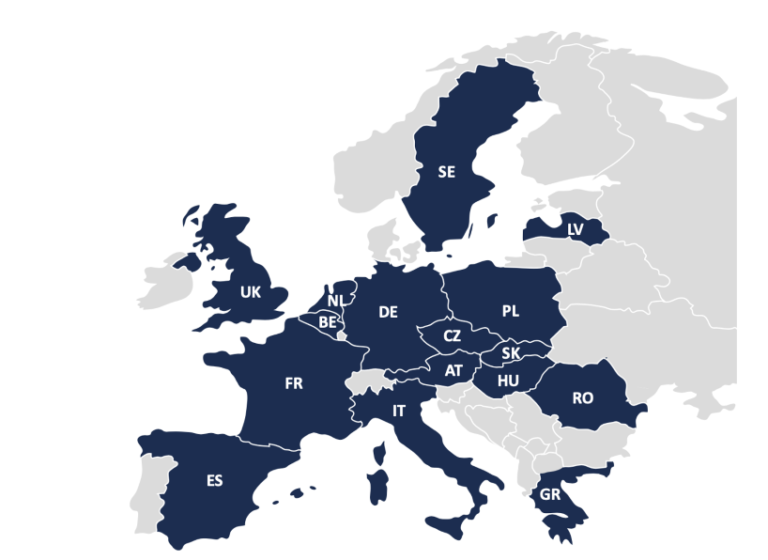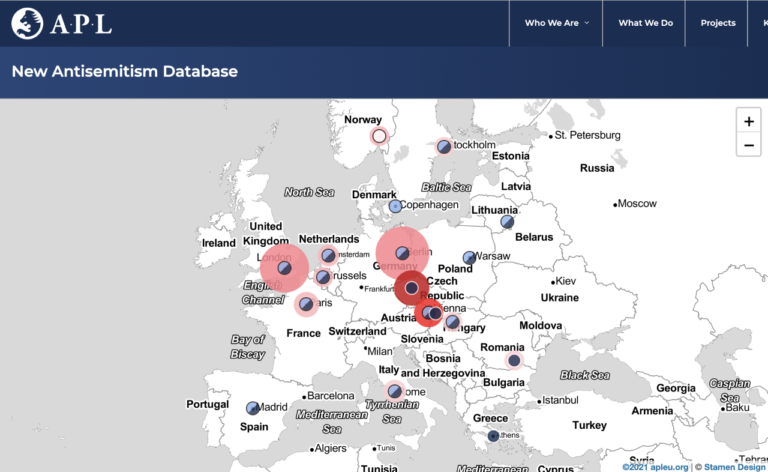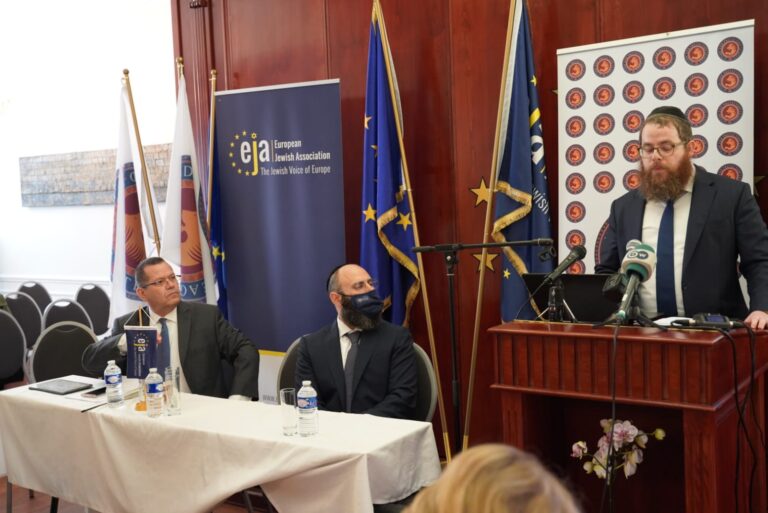Some Jewish organisations in the US criticise President Joe Biden’s unprecedented broad strategy to combat antisemitism announced in May.
United States President Joe Biden announced a new, unprecedented broad strategy to combat antisemitism last week. While most Jewish organisations and leaders welcomed the new strategy, a few have somewhat criticised it in their comments, reports The Jerusalem Post.
Most of these organisations are worried about the definition of antisemitism as portrayed in the 60-page national strategy plan on combating antisemitism. Although the strategy specifically said that it acknowledges IHRA as the primary definition of antisemitism, it also recognised the existence of other definitions, such as the Nexus Document.
The main difference between the IHRA and the Nexus definition is that the former is a non-legally binding statement, which provides a broad and general description of antisemitism, accompanied by 11 illustrative examples that include criticism of Israel as a potential manifestation of antisemitism, while the latter is a more recent and alternative definition that aims to provide a clearer and more precise description of antisemitism, with a focus on the nexus between antisemitism and Israel or Zionism. The Nexus definition also provides guidelines to identify when criticism of Israel or opposition to it crosses the line into antisemitism.
The IHRA definition is the most widely adopted and endorsed definition of antisemitism worldwide. However, a smaller group of academics and activists criticise it as vague, ambiguous and susceptible to misuse. The two definitions have sparked controversy and debate among different Jewish communities and groups in the past.
One of the main legacy Jewish organisations, The World Jewish Congress (WJC), welcomed President Biden’s plan but also added some hinted criticism: „The inclusion of a secondary definition in addition to the International Holocaust Remembrance Alliance (IHRA) working definition of antisemitism is an unnecessary distraction from the real work that needs to be done.”
Another legacy organisation, B’nai B’rith, also expressed disappointment over the addition of the Nexus definition, explaining that the Nexus definition „allows the more invidious of Israel’s nemeses to hide their animus behind ‘strident’ criticism of Israel,” adding that nonetheless, they are „deeply satisfied that the national strategy to fight antisemitism provides an invaluable investment in promoting and realising tolerance, safety and security for Jews across the country.”
One of the newest but central groups in promoting dialogue about antisemitism, especially online, the Combat Antisemitism Movement (CAM), reacted similarly: „While the strategy rightly raises alarms about antisemitism rooted in white supremacist ideology, it does not highlight enough the threats posed by other, equally menacing and potent, manifestations of Jew-hatred, including from the far-left and the radical Islamist communities in the US,” CAM said.
The StopAntisemitism organisation only criticised the new White House strategy, expressing deep concern over several key aspects of the plan. They explained that „not using IHRA as a foundational guide creates a gaping hole; while the plan acknowledges that Jews have been targeted because of their connection to Israel, it fails to name anti-Zionism as a primary form of antisemitism.”







